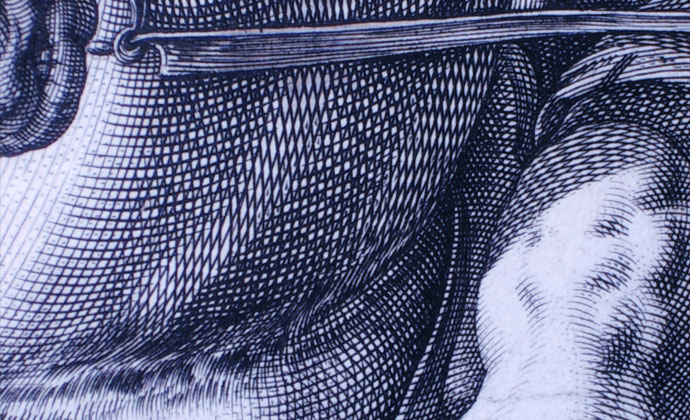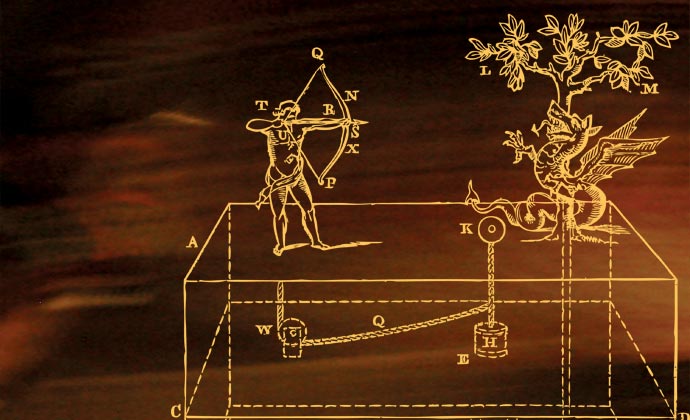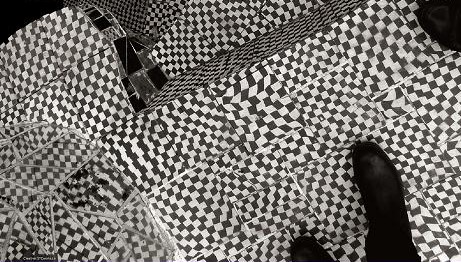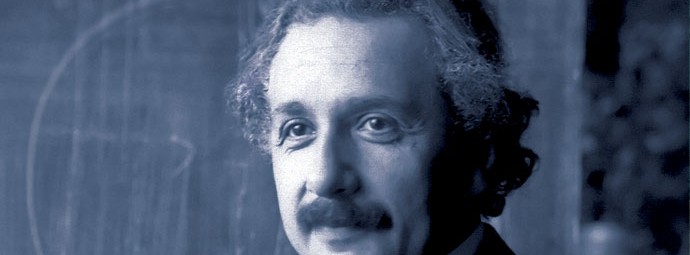Philosophy of Science
Uriah Kriegel: Experiential Origins of Intentionality
ABSTRACT Several recent authors - Loar, McGinn, Strawson, and Horgan, among others - have argued that the intentionality proper to conscious experience is somehow prior to, and grounds, other forms of intentionality. Here as elsewhere in philosophy, however, it is not always clear what is meant by "priority" and "grounding." Although the kind of priority [...]
Susan Haack: Six Signs of Scientism
ABSTRACT Susan Haack's lecture, titled Six Signs of Scientism, discusses the social phenomenon known as scientism, the view that natural science is the most authoritative way of looking at the world, and is superior to other interpretations of life. SPEAKER PROFILE Susan Haack is Distinguished Professor in the Humanities, Cooper Senior Scholar in Arts and [...]
Colin Howson: Should Probabilities be Countably Additive?
ABSTRACT Though it may not sound like a very exciting question, a good deal of both the mathematics and the interpretation of probability depend on the answer to it. Many of the striking theorems of mathematical probability, like the celebrated 'with probability 1' convergence theorems, depend on the axiom of countable additivity, as does the [...]
Katherine Brading: Unity, Change, and What There Is
ABSTRACT Dr. Brading’s lecture considers such fundamental questions as ‘What is there?’ and ‘How, if at all, can what there is undergo change?’ She explores the relationships between matter, space and time by means of an approach to physics that has its origins in Newton’s engagement with Descartes’ philosophy. SPEAKER PROFILE Katherine Brading is an [...]
Alison Wylie: A Plurality of Pluralisms – Collaborative Practice in Archaeology
ABSTRACT Dr. Wylie’s lecture focuses on examples of collaborations between archaeologists and descendant communities that are epistemically productive in ways that are systematically obscured by the sharply drawn conflicts of headline news. SPEAKER PROFILE Alison Wylie is a feminist philosopher of science at the University of Washington, Seattle. She works on epistemic questions raised by [...]
Sylvia Berryman: How Many Philosophers Does It Take To Haul A Ship? Thoughts on the Philosophical Reception of Ancient Greek Mechanics
ABSTRACT Sylvia Berryman’s talk focuses on ancient Greek mechanics, which were so crucial to the emergence of the ‘mechanical world picture’ and the New Science in the seventeenth century. These same mechanics also provoked philosophical responses from the philosophers of late antiquity. By observing responses to Aristotle’s ‘ship hauler’ problem, Berryman will reveal a new [...]
Nancy Cartwright: Evidence, Argument and Mixed Methods
ABSTRACT Dr. Cartwright’s lecture, Evidence, Argument and Mixed Methods, focuses on effectiveness predictions for illustration. Effectiveness predictions are predictions that well-defined policies will produce targeted outcomes in the present, as soon as they are implemented. Randomized controlled trials are touted as a gold standard for effective prediction claims – but there is a catch, which [...]
Stephen Gaukroger: Sensibility and Metaphysics: Diderot, Hume, Baumgarten and Herder
ABSTRACT In the 1760s, Herder sets out a program for replacing metaphysical inquiry into the nature of thought with an anthropological account of the nature of thought. To understand the novelty and significance of Herder’s project, Gaukroger places Herder’s philosophical anthropology in the context of his contemporaries, Diderot, Hume and Baumgarten. SPEAKER PROFILE Stephen Gaukroger [...]
George Reisch: The Paranoid Style in American History of Science
ABSTRACT 2012 marks the 50th anniversary of the publication of Thomas Kuhn’s seminal book, The Structure of Scientific Revolutions. Reisch points out that it is no coincidence that the book was conceived, written, and published in America during the most stressful and anxiety-ridden years of the cold war. Reisch’s talk traces Kuhn’s influential book’s relationship [...]
John Norton: Einstein as the Greatest of the 19th Century Physicists
ABSTRACT Modern writers often endow Einstein with a 21st century prescience about physical theory that, it just so happens, is only now vindicated by the latest results of the same writers’ research. Norton explores another side of Einstein – the sense in which his work fulfills the discoveries of the 19th century. SPEAKER PROFILE John [...]








